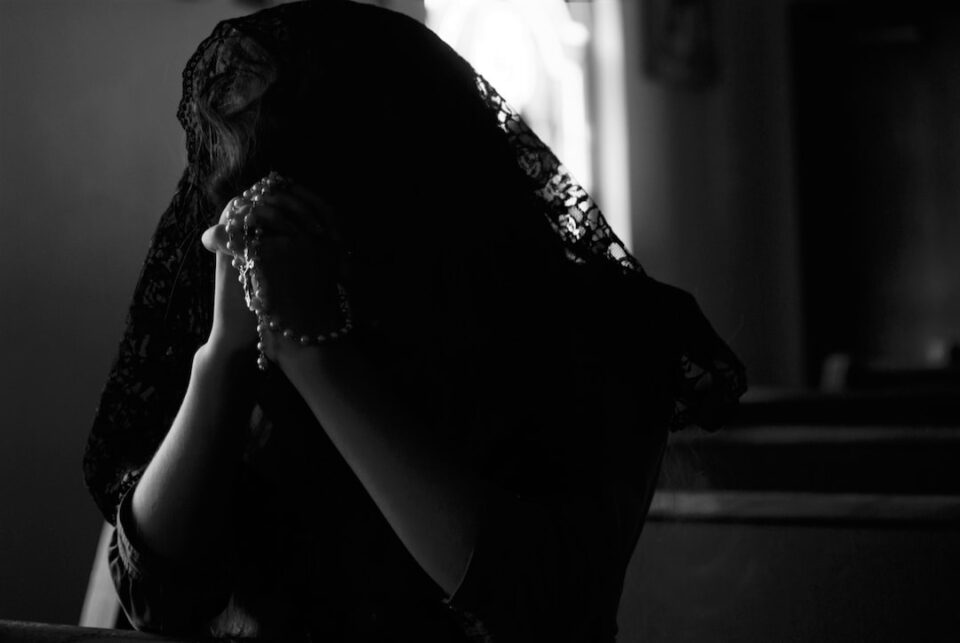The Role of Faith in Coping with Grief and Loss
Grief and loss are universal experiences that affect individuals in various ways. Whether it is the death of a loved one, the end of a significant relationship, or any other form of devastating loss, it is these moments that test the strength of our spirit and resilience. During such challenging times, faith can play a vital role in helping individuals cope with their grief and find solace in their darkest moments.
Faith, in its various forms, provides a framework for understanding the inexplicable, giving meaning to our existence and offering hope in times of despair. It serves as a guiding light that instills a sense of purpose, comfort, and strength when we need it most. Let us delve deeper into the ways in which faith supports individuals in navigating the journey of grief and loss.
One of the foundational aspects of faith is the belief in an afterlife. The belief that there is something beyond our current existence can provide immense comfort during times of bereavement. For those who have faith, the idea that their loved one is in a better place, free from pain and suffering, brings solace and peace to their hearts. This belief allows them to grieve, yet simultaneously find comfort in the knowledge that their loved one is in a better realm or in the hands of a higher power.
Additionally, faith often offers a sense of community and support. Many religions provide spaces of worship or dedicated communities where individuals can seek solace and strength from others experiencing similar losses. These communities offer a sense of belonging and understanding, as individuals come together to share their grief, support one another, and find a common ground in their faith. The power of collective prayer, meditation, or religious rituals allows individuals to lean on one another, share their burdens, and find comfort in knowing they are not alone in their pain.
Furthermore, faith provides individuals with a set of moral principles and teachings that guide them through the darkest nights of their grief journey. The morals and values imparted by faith enable individuals to find meaning in their loss and encourage them to honor their loved one’s memory through acts of love, kindness, and compassion. Faith teaches individuals to find purpose even in the face of adversity, allowing them to channel their grief into making positive changes in their lives and the lives of others. By living out these virtues, individuals find solace in knowing they are honoring their loved ones’ legacies.
In times of grief, faith can also serve as a powerful source of inner strength and resilience. The belief in a benevolent higher power provides individuals with the courage and fortitude to face overwhelming pain and to find the strength to heal. Faith instills hope, reminding individuals that there is light at the end of the tunnel, even when the path seems dark and endless. It encourages individuals to keep moving forward, to have faith in a better future, and to trust that their pain will eventually transform into growth and healing.
However, it is important to acknowledge that faith is a deeply personal experience and does not guarantee an instant remedy for grief. Each individual’s journey is unique, and the role of faith in coping with loss may vary greatly. Some may find themselves questioning their faith or experiencing anger and resentment towards a higher power in the face of their loss. These emotions are natural and should be embraced as part of the healing process. Faith, too, can be shaken during times of unimaginable pain, but it can also be a source of strength during the slow process of finding peace.
In conclusion, faith has a significant role in helping individuals cope with grief and loss. It provides comfort through the belief in an afterlife, creates a sense of community support, instills moral values and teachings, offers inner strength, and fosters a sense of purpose. However, the journey of grief is personal, and each individual’s relationship with faith is unique. It is through embracing this relationship and seeking solace in one’s spirituality that individuals can find the strength to endure the pain and ultimately heal from their grief.

